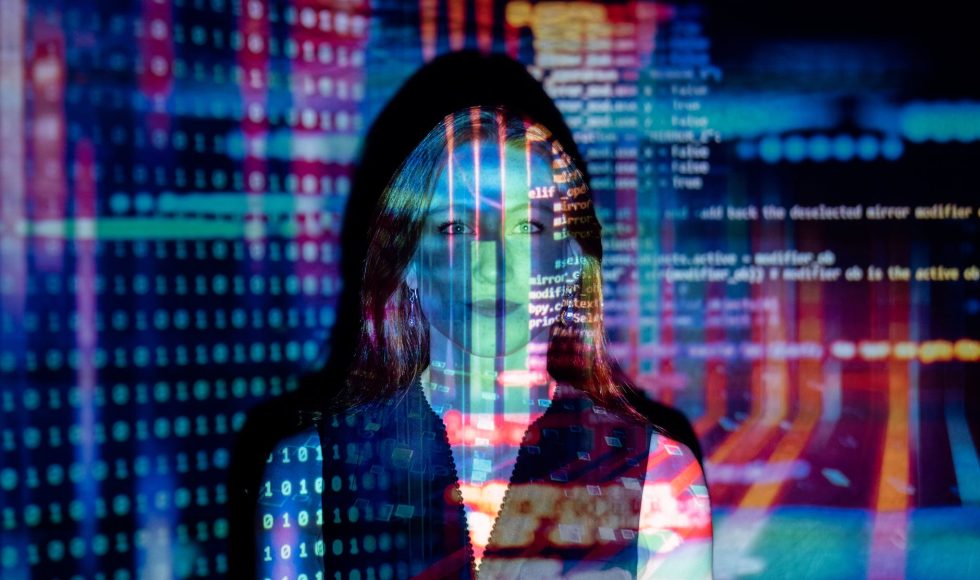It was a fun and busy day. I really appreciate being able to reconnect with mentors and had a chance to talk to Dr. Barbi Honeycutt who taught me a lot while I was a teaching postdoctoral scholar here. I remember attending several workshops facilitated by Honeycutt, preparing a teaching philosophy, and even doing a graduate teaching assistant summer workshop together! I was able to talk to Barbi and have the opportunity to record a conversation for The Lecture Breakers podcast this evening! Yay! I noticed during our conversation how Barbi was an integral part of my development: another important teaching mentor. I appreciate the opportunity to reconnect.
Similarly, Dr. Liz Ryder from Worcester Polytechnic Institute joined our HITS Steering Committee. I remember taking courses with Ryder at WPI and now have the chance to reconnect both with HITS and with NIBLSE! How cool?!
Tonight, to end the day, I wanted to watch the presentation that Dr. David Asai from HHMI gave for the 2020 SABER Diversity and Inclusion efforts. Entitled “Race REALLY matters” and the first session of the series, this was a fantastic talk. I watched it maybe a week after it happened in August 2020 and remember thinking I needed time to process. I did. Asai talked about the two pandemics: coronavirus and the infliction of systemic racism. Asai went on to talk about the disparities in access including internet, quiet places to work, safety… and understanding the constant emotional damage of dealing with systemic racism. Asai mentioned that few had moved beyond the words of statements to action. I admire Asai: in person and in video, Asai is eloquent, thoughtful, and uses words to empower and not divide. Asai discussed the history of race in America, the political movements… and whiteness. “Science has been at best insensitive, and worse… complaisant in maintaining the white center of power” were words that hurt to hear. Asai described the rationale for using terms other than underrepresented minorities (URM): we are no longer minorities. “These are science PEERS: persons excluded because of their ethnicity or race” stated Asai. The importance of diversity in creativity and the scientific workforce was carefully explained by Asai: diversity is needed for scientific excellence. However, “recruiting a diversity of students is not sufficient… diversity without inclusion is an empty gesture” warned Asai. This statement is one that I love: we often talk about diversity in terms of recruiting more PEERs… This is tough: while efforts are being made, diversifying STEM faculty, for example, is slow. Asai replotted data from 1992 and compared to 2019 numbers for the proportion of PEERs interested in STEM. Interestingly, Asai showed that while more PEERs are interested in STEM, the downward trend in the persistence of PEERs in STEM is still evident. Asai showed that the rate of persistence of PEERs is similar to that of 1992! I also loved how Asai urged us to stop using the leaky pipeline analogy because PEERs are not a flowing commodity, there are multiple entry points… and releases us from some blame in a way. Inclusive diversity is our responsibility, and we can work on a culture that encourages students to persist by feeling included! HHMI has engaged with Crossroads, as Asai explained… and now I have had a chance to participate in some of the HHMI Inclusive Excellence efforts. I also didn’t know that some HHMI fellowships require mentors to take a year-long culturally sensitive mentoring training from CIMER! I actually would love to take the Entering Mentoring course!
We must learn and practice the skills of inclusive diversity
Dr. David Asai
Asai suggested we change the way we teach introductory science to be more inclusive. I agree that it is an amazing opportunity to show students the process of science and be comfortable with uncertainty! I therefore want the opportunity to develop and launch a fun and transformative BIT 295 Biotechnology and Sustainability class. Asai suggested three Rs:
- Reimagine the syllabus. “Less is more” Tell stories of science including when science got it wrong.
- Reform the introductory laboratory courses to engage students in course-base research opportunities. “Often discoveries will lead to hypothesis”
- Recenter science on belonging. Eliminate grading on the curve and focus on competencies.
What a wonderful talk! Asai warned that we should remember that most issues fighting about are not simple… and it is time for science education reform. I’m lucky to have great teaching mentors and access to a wealth of thoughtful and caring human beings.



